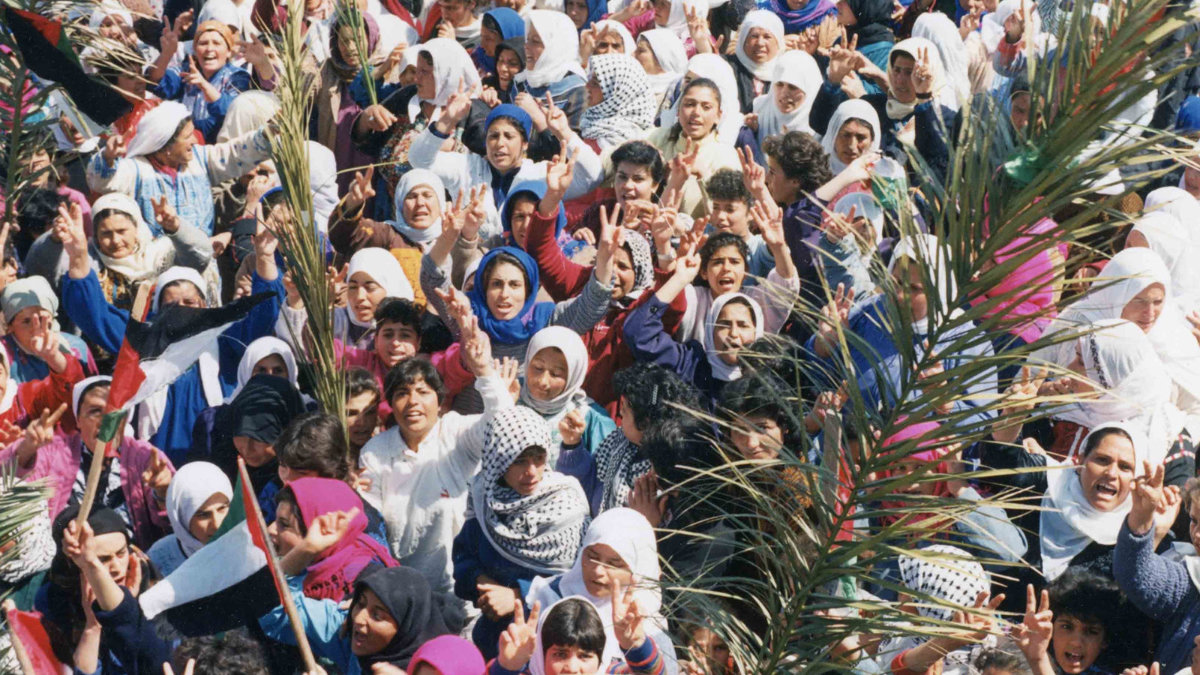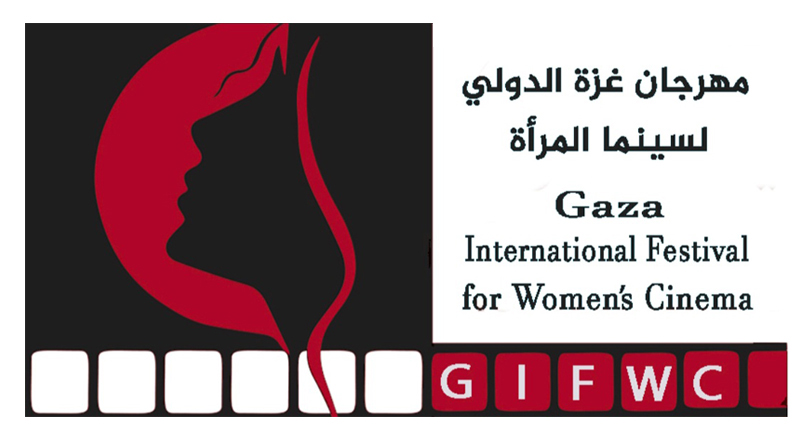
Naila and the Uprising
Arabic with English Subtitles
Julia Bacha is the creative director at Just Vision, an organization that uses film and multimedia storytelling to foster constructive conversations on some of the most divisive issues of our times.
She started her filmmaking career writing and editing Control Room (2004), a documentary about the inner workings of the Arab satellite television channel Al Jazeera. She then wrote and co-directed Encounter Point (2006) and directed Budrus (2009), both stories of courageous bridge-building between Palestinians and Israelis in a highly volatile environment. Most recently, Julia directed Naila and the Uprising (2017).
Julia’s work has been exhibited at the Sundance, Berlin and Tribeca Film Festivals, broadcast on the BBC, HBO and Al Jazeera and screened at widely diverse settings, from Palestinian refugee camps and villages to the halls of the American Congress and European Parliament. Her TED talk, Pay Attention to Nonviolence was selected as one of the best talks of 2011 by the TED curators and has been viewed by over half a million people worldwide.








